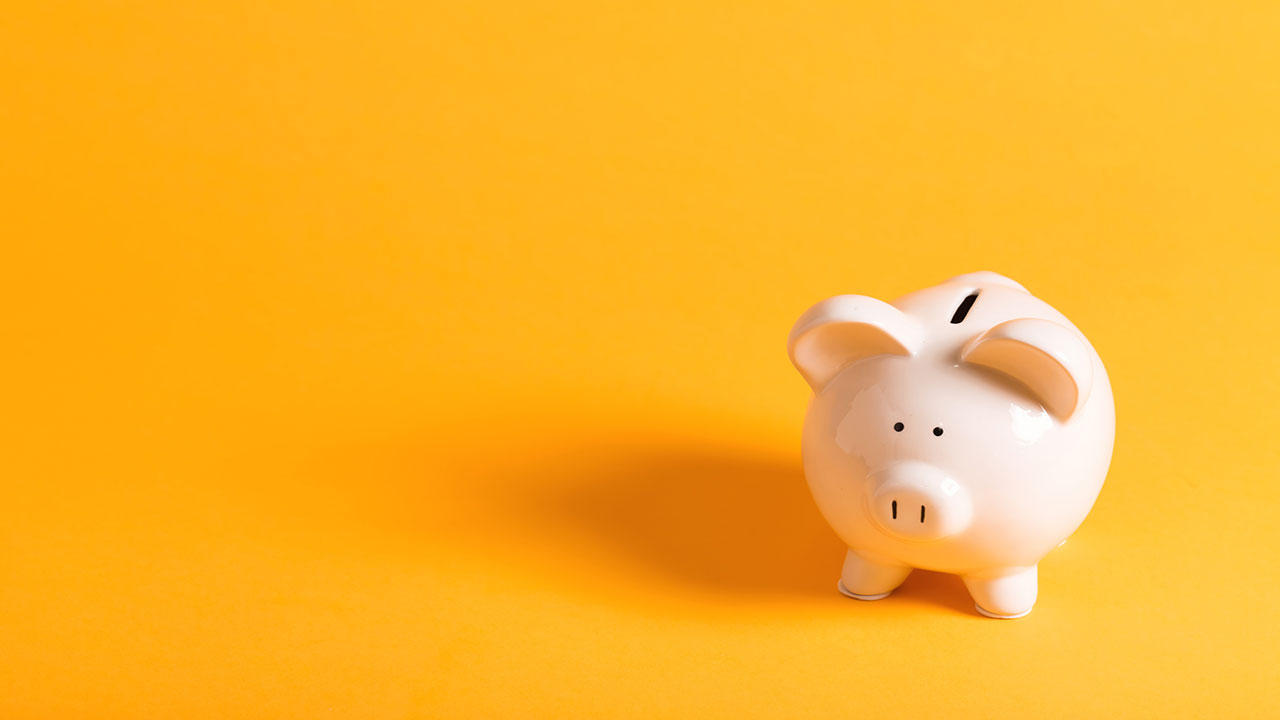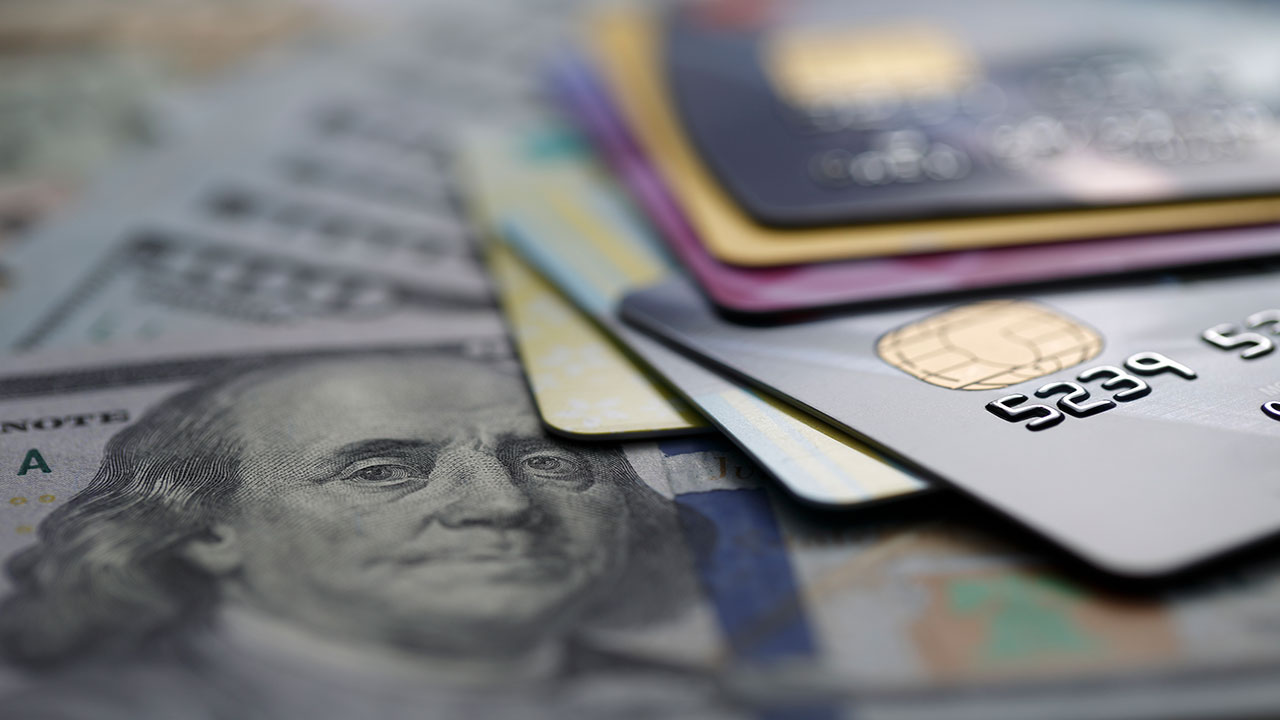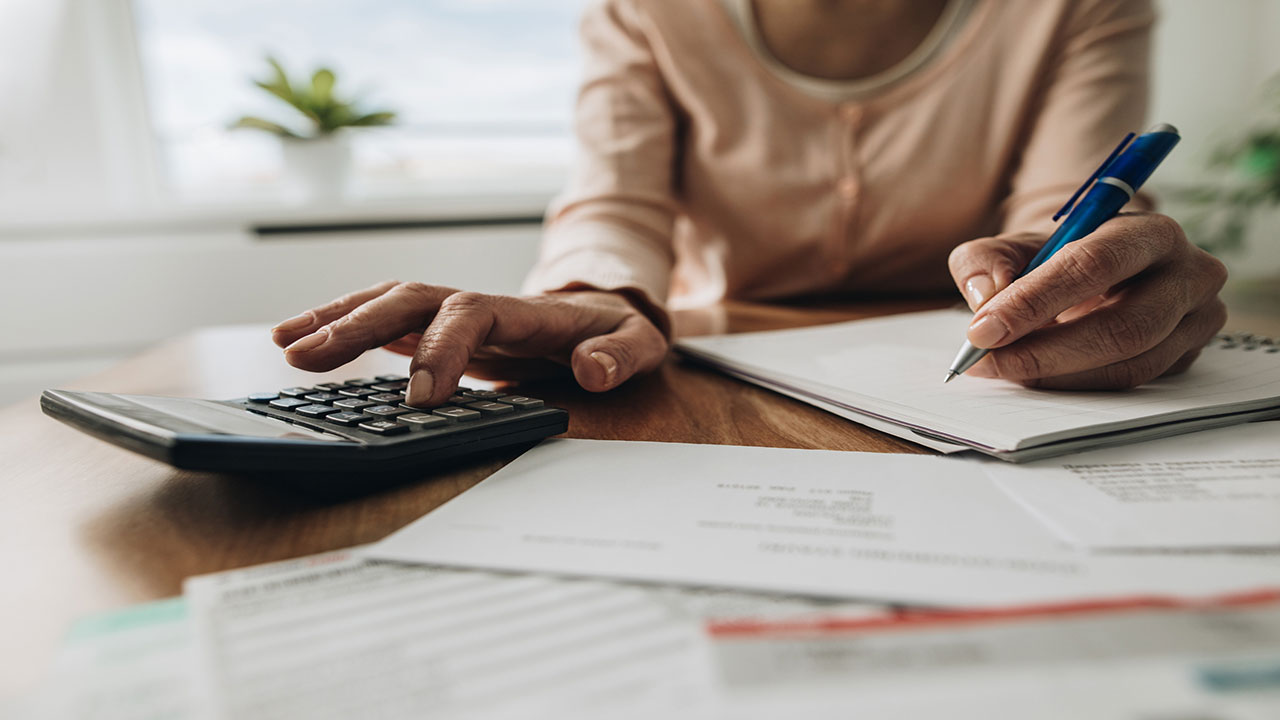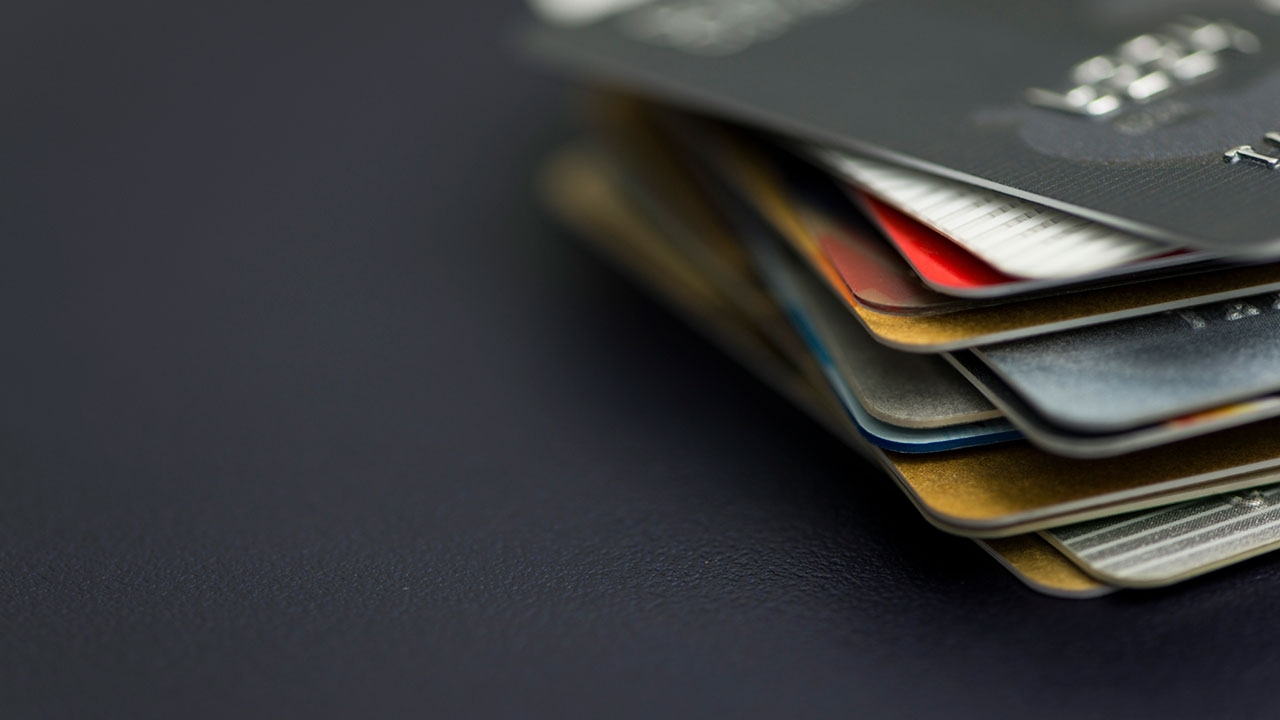How to Deal With Your Debt and Free Up Money For a Home Purchase

Buying a house is an expensive endeavor. Although you won’t have to pay for a property in full thanks to mortgages, there is still the down payment to come up with. Plus, you’ll need to be financially sound enough to get approved for a mortgage.
But if you’re currently drowning in debt, saving up for a down payment can prove to be a tough challenge. And a large debt load may throw a wrench in your ability to secure a home loan.
If your debt situation is a little out of hand, it’s time to do something about it. Here are some tips to help you pay down your debt so you can put more of your money towards a home purchase.
Stop Spending

Sounds obvious, doesn’t it? While it might be, it’s still sound advice that is worth mentioning. The thing is, many consumers still continue on their spending rampage even though their debt issue is out of control. So, if you’re looking to deal with your debt to free up some cash to be used towards a down payment, it’s time to put a stop to excessive spending.
You’re likely in a heap of debt because of this habit, so it’s important to put a freeze on frivolous expenditures – at least for now – in an effort to throw more of your free money towards paying down your debt.
Start Tracking Your Expenses
You might not have a full understanding of how much your expenses are every month. While you might have an idea, you really don’t have an exact picture until you actually make a list of all your expenses.
One way to make this easy is to see how much you’ve spent over the past few months. This can easily be done by using your mobile banking app. If you don’t already have one on your mobile device, consider downloading one.
Banks offer expense tracking software that you can use to see where your money has been going over the recent past. Using the app (or even your online banking platform), you can view a specific date range for expenses. This will tell you how much money has been spent and where it’s been going.
Establish a Budget

Perhaps the first thing you should be doing is making a budget. You can easily and quickly find budgeting tools online that you can use which will help you make sense of your income versus expenses.
Using the information you gathered from your expense tracking efforts, you can plug these items into your budget. Your expenses may have to be categorized into “fixed” and “variable” expenses. While some monthly expenses might stay the same (such as your mortgage or car payments), others might fluctuate (such as gasoline, vehicle expenses, and medical expenses).
You’ll also want to include all the things you’ve spent money on that are outside of required expenses. This can include eating out, clothes shopping, and vacations.
For your income, be sure to include all monies coming in aside from your paycheck. This may include monetary gifts, an inheritance, commissions, tax returns, and so forth.
After you’ve added up all your expenses, subtract that number from your income. Hopefully, you’ll end up with a positive number. Anything left over should be dedicated to paying your debt down. If you’re in the red, there are obviously changes that will need to be made.
Set a Realistic Goal
The ultimate goal is to pay down your debt so that you can free up more money to put towards a down payment. But you’ll want to establish smaller, more realistic and attainable goals that will help you achieve them and gain some momentum.
Paying down your debt might not necessarily be the right goal. Instead, being very specific and establishing realistic numbers and time periods will help you inch your way toward your ultimate goal.
For instance, write down small, smart goals. This can include putting away an extra $100 on top of your minimum credit card payments for the next few months with the money that you saved from cutting down on spending.
Make More Than Your Minimum Credit Card Payments

Speaking of minimum payments, it’s time to get out of that habit if that’s what you’ve been doing month to month. To be honest, making only minimum credit card payments is only setting you up for a trap that will become increasingly difficult to get out of. The truth is, most of that minimum payment only goes towards interest, which means you’re barely making a dent in your principal amount.
Instead, make an effort to pay more than your minimum payments. Any extra funds that you come across from reducing your spending or increasing your income should be put towards making larger payments so you can finally rid yourself of those balances that get carried over month after month.
Come Up With the Right Repayment Plan For You
Making the decision to pay down your debt and cut back on unnecessary spending can help you put more towards your debt and finally pay it down. But it helps to have a specific plan of attack when it comes to exactly how you’ll tackle this feat.
When it comes to paying down debt, there are usually two popular and effective methods that consumers are recommended to try:
Avalanche debt repayment plan – With this method, you’ll tackle your highest-interest debt first. Usually, this will be your credit cards which tend to have the highest rates among all types of loans and credit.
This method allows to you get rid of a debt that is forcing you to put more money towards interest and instead lets you save more money to pay down your principal balances. If you pay down your debt starting with the highest interest debt first, you’ll end up paying less in interest, which means you’ll pay your debts off faster.
Snowball debt repayment plan – This repayment method involves paying your smallest debt first and making minimum payments on all others, then working your way up to paying down your largest debt. This will allow you to get rid of one debt much more quickly given the smaller balance, which should give you some momentum and motivate you as you see your efforts paying off.
Once the first debt is paid off, the money that would have gone towards the first debt will then be used to pay off the next lowest debt. Carry on until you’ve paid off all debts.
The Bottom Line
Your debt situation might be a little out of control at the moment, but there are things you can do to improve your situation. Start dealing with your debt today. The sooner you do, the sooner you’ll be able to whittle your debt down to a much more manageable level. In turn, this will improve your asset base and make it easier to come up with a down payment and get approved for a mortgage.